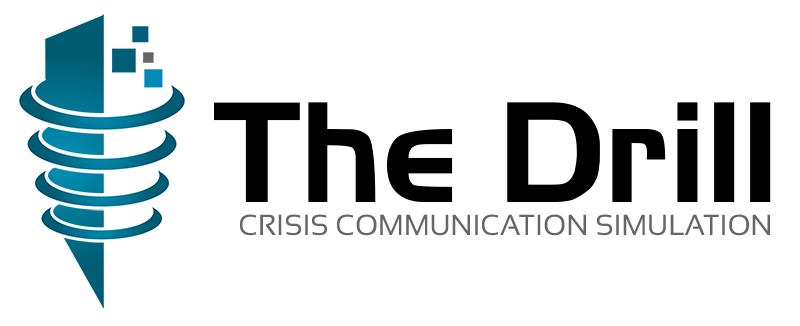Online crisis management is about metrics, not just optics
We recently presented a crisis simulation scenario to managers ahead of running some crisis management training online. And the buzzword concept of ‘media optics’ popped up for the crisis simulation exercises.
We insisted that for online crisis communications - and our crisis management drills - metrics matter way more than optics.
“How would your crisis managers respond to a situation where an error-ridden radio report generated sizeable, unfavourable social media commentary…?” we challenged the client’s crisis management team.
“We’d phone the radio show’s producer and put them straight so the mistakes weren’t repeated in later segments,” a seasoned deputy comms chief retorted, as the company plotted its crisis workshop.
That response illustrated that the client - like many crisis companies - was methodologically wedded to an old crisis management model where ‘mainstream media’ takes precedence over online media.
Remember, what’s published across social media about your crisis situation can hang around for hours, days and – if it gets search engine pick up – can keep shaping perceptions for years. So, the long tail of reputation damage can’t be fixed by a phone call to a media station.
A call to a friendly or hostile airtime producer is not going to fix or inform the crisis narrative developing online, which is illustrated by the metrics of the coverage, not just the optics (ie the clicks, follows, likes, retweets and shares). And your crisis simulation software should reflect those modern crisis realities.
But engagement with a problematic narrative can better inform both sides of the story.
Metrics calculate how crisis-related communications (or lack thereof) are tracking and trending. The data will quantify and confirm the reach, penetration and engagement of any imagined ‘optics’, rather than have them exist only as unqualified or unmeasured spectres within fear-fuelled minds.
Digital metrics and evaluation are so critical for how crisis communication managers respond to modern crises. They’re also a key part of any crisis simulation training system or corporate crisis software you use.
Metrics pinpoint where the benchmarks are and what efforts are needed to attain your desired targets. Anything less and, well, your heart may be in the right place, but your crisis communication messages are unlikely to be: So your crisis management drills and crisis scenarios need to reflect this necessity.
After all, communication is what most often goes wrong during crisis scenarios.
Modern crisis management drills need to be ‘trans-media’ in scope content. If your crisis simulations or crisis software doesn’t allow you to realistically present, test and interact with realistic online crisis pressures (including online news, blogs and social media channels) then your issues management drills or crisis simulations are incomplete. At The Drill, we now offer crisis training online, to respond to Covid stay-at-home edicts.
Obviously, media optics are not completely unimportant, but unless you understand and analyse the social media crisis data points properly – i.e. the metrics – you can’t hope to effectively address the optics issue; and certainly not in those online channels that could be doing most damage to your brand, your reputation, and to your stakeholders’ sense of safety and well-being.
Best-practice crisis management drills and crisis simulations understand and reflect the online communications pressures and help your company prepare and test the capabilities of its crisis team command centre.
